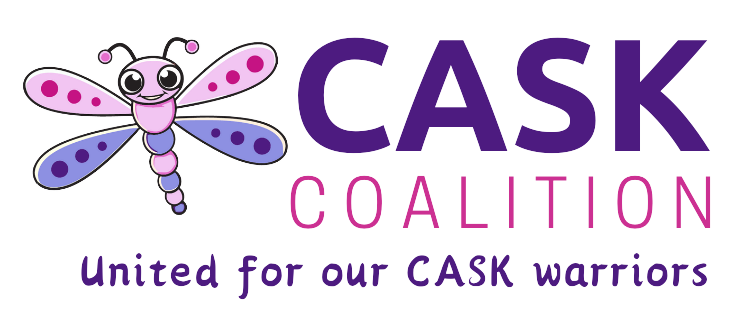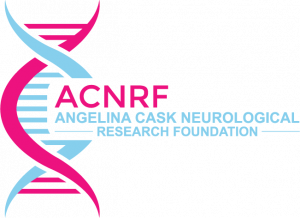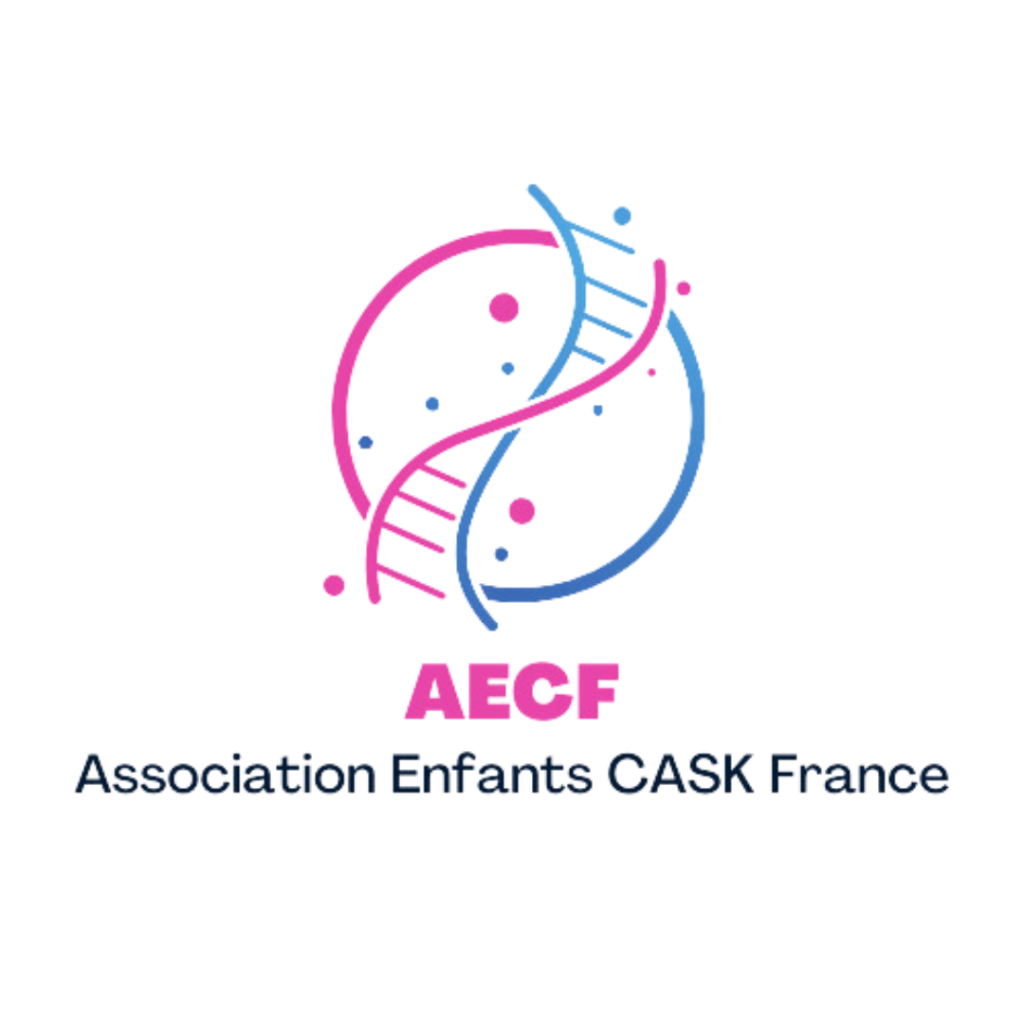
OUR CURRENT PROJECT

CASK Research UK partnered with The Angelina Foundations and Association Enfants CASK France to fund a promising research project that aims to cure* CASK gene disorders by activating a backup copy of CASK in girls.
THE THEORY
This will, theoretically, result in a brain which, initially having just half
of the CASK protein needed to function properly, will have much
more. This should have a dramatic impact on the prognosis of the
disease since the brain will now have enough of the CASK protein
needed to function properly. It could, effectively, cure CASK!
*It is still unknown how much the condition can be improved by a gene therapy. It is hopeful that, by ensuring CASK protein is working effectively in every cell, that a significant improvement should be seen and, if applied early enough, even to cure the condition.
THE RESEARCH
The project involves creating human induced pluripotent stem cells, growing them in a dish and turning them into different types of brain cells in order to evaluate the efficacy and efficiency of the approach.
If this approach is successful then the team will have enough data to apply for larger grants from funders like the NIH. The next step would be characterizing mouse models of CASK. This will include assessing the ability of the therapeutic to reactivate the healthy copy of CASK in the brain of mice and test the level of recovery this approach could have.
WHY IT'S OUR PRIMARY CAMPAIGN
Activating CASK in enough cells could conceivably reverse CASK
gene disorder symptoms. As a result, CASK Research UK
(advised by its expert scientific review committee), agreed to
raise funds for this game-changing project

THE HISTORY
CASK aims to follow in the footsteps of another X-linked genetic disorder: CDKL5 deficiency disorder. X-reactivation has successfully been done (in mice models) for the CDKL5 gene. The team at UC Davis is eager to have the opportunity to try their technique on the CASK gene – a gene that displays all the markers of being a successful candidate for this novel therapeutic.
UC Davis
The UC Davis MIND Institute located in California is a
collaborative international research center, committed to the
awareness, understanding, prevention, and treatment of the
challenges associated with neurodevelopmental disabilities
and rare x linked disorders.




